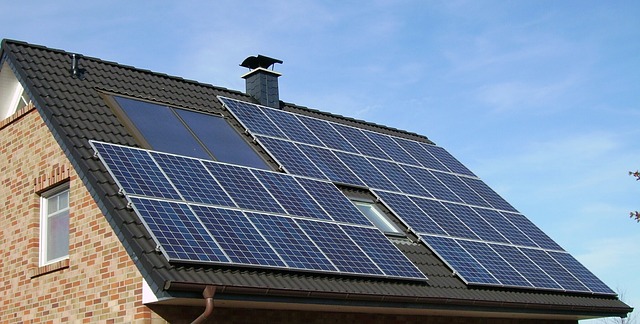
As more people become energy conscious, the use of solar panels has become more popular. In 2018, Laurens County Building Codes permitted 23 installations of solar panels. Of the 23 installations, 6 were ground-mount panels and 17 were roof-mount panels, all in residential properties. In 2019, as of the date of this article, 18 permits have been issued for solar panels. Of the 18 installations, 1 was a commercial ground-mount, 6 were for residential ground-mount, and 12 were for residential roof-mount panels.
Here are some safety tips that may help you on the fireground when dealing with properties involving solar panels.
- The most common rooftop hazards for firefighters are tripping and slipping.
- Additional weight is imposed on the roof by the solar panels.
- Roof-mounted solar panels impair rooftop ventilation tactics.
- NEVER damage or compromise solar panels to perform vertical ventilation.
- DO NOT remove or walk on solar panels.
- Solar panels have potential flame-spreading characteristics.
- Solar panels can produce toxic fumes when burning.
- Treat solar panels as any other electrical equipment.
- Solar panels exposed to sunlight is always on and energized.
- Solar panels can initiate a rekindle.
- Residual electricity in the solar panels can remain even after the sunlight goes away.
- If covered with 100 percent light-blocking materials, solar panels will stop electrical generation.
- Salvage covers may still permit some sunlight through and allow electrical generation.
- Moonlight is reflected light and will not energize solar panels, however lightning may generate a temporary surge.
- Scene lighting does not produce enough light to generate an electrical hazard.
- Solar systems may contain storage batteries for night use.
- Request assistance from the local utility company if power is required to be shut down.
